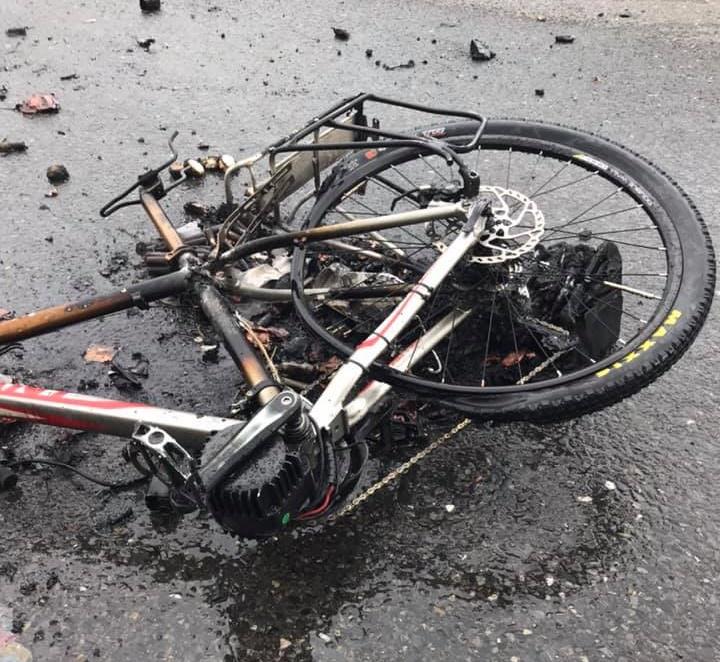Perhaps the fact the controller is 25A on many mid-drive ebikes and power of over 900W sometimes well over 1000W for a freshly charged battery. For e-mountain bikes used off-road with a lot of climbing they can discharge a 600Wh battery in 40 minutes. Also many Chinese ebikes that were originally rated at 750W are now certified as 250W in Europe despite being an identical spec because Chinese suppliers have learnt how EU certification works (i.e. its completely meaningless when it comes wattage). My washing machine is sold as 2000W and its peak consumption is about 2100W but when its just slowly turning over the drum it is 200W so should it be a 200W washing machine or a 2000W washing machine? I would say just like 99% of electrical certification it is correct at 2000W. If you start manipulating how certification is written so a 1000W ebike can pretend to be a 250W ebike I would say its a lie and certification should be honest and trustworthy like 99.9% of certification is. When you go in a bike shop and a pisspoor 20" wheeled ebike with a 140Wh battery is called 250W and £10k state of the art e-mountain bike with 110Nm of torque is also 250W you know the certification process is utterly incompetent or corrupt.
The important point is the test is made on a flat road.
This point is often missed even by long time ebikers.
On flat roads, you only need to beat the headwinds to maintain your statutory 25kph assisted speed. The power required is much less than what is needed to climb a steep hill, about 200W for an average unfit rider so 250W is amply sufficient.
The issue is how much power would you need to climb a steep hill and how would you make a level playing field so not to penalise those who are unfit and still keep the motor running cool?
On this, the legislation is lacking, hence the misunderstanding. The current law doesn't say how steep the hill has to be and long you can climb at 25kph without overheating. When and where there is no law, what do you think is fair?









